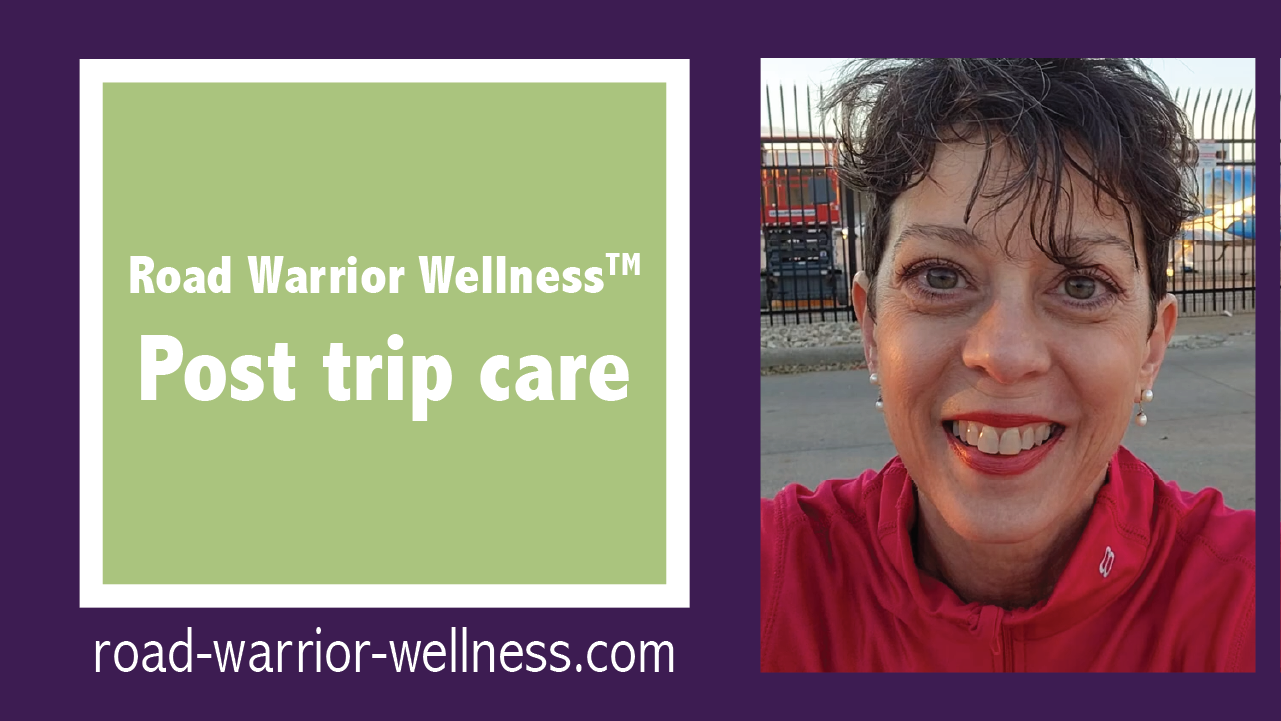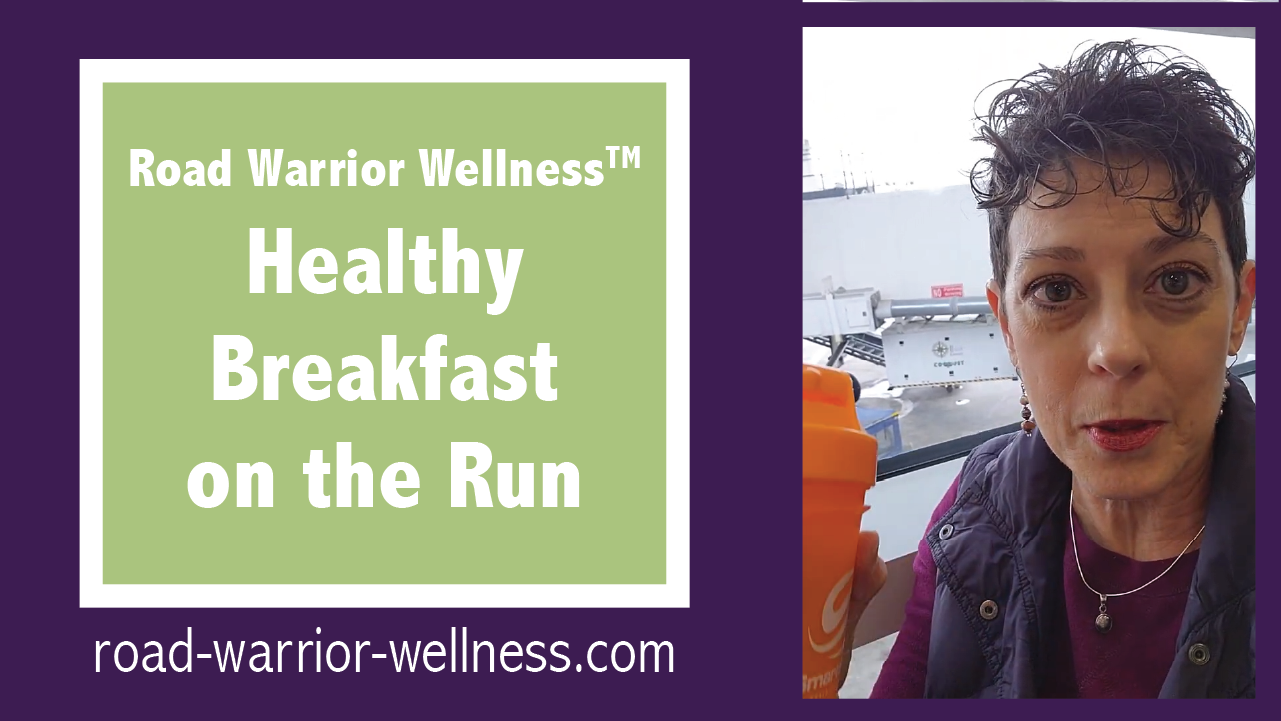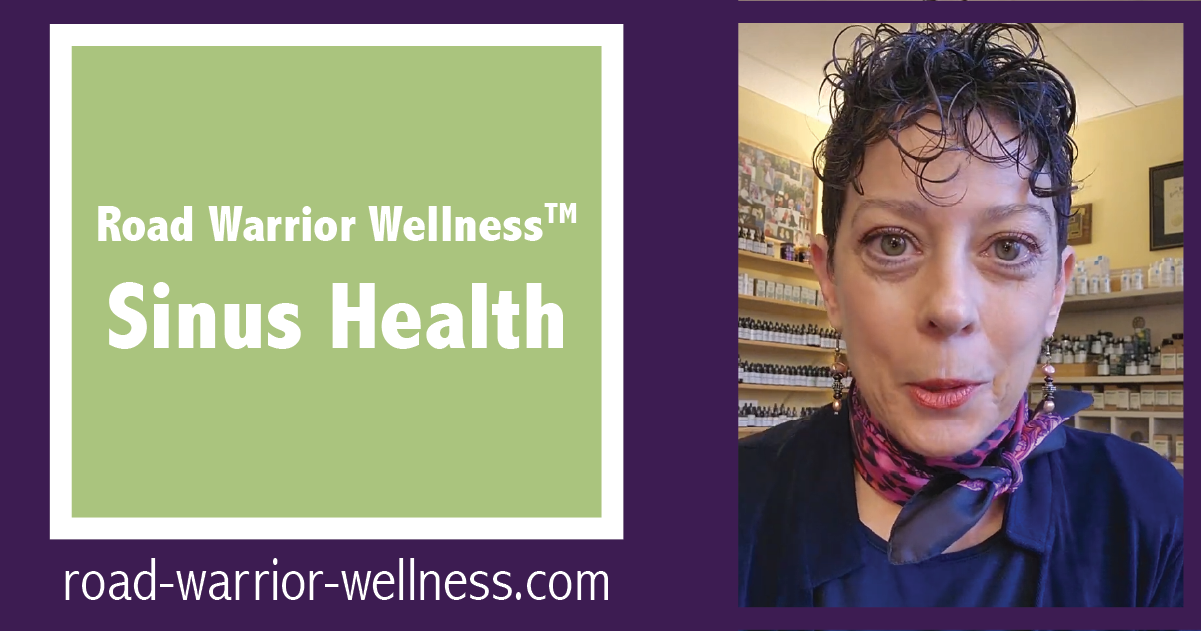We all experience it – something alarms us. Naturally, our body responds by having a Sympathetic response – fight or flight. This produces hormones called catecholamines stimulating the hypothalamus and pituitary glands. They in turn stimulate the adrenal glands (aka adrenals) which in turn produce and secrete two different hormones – DHEA (anabolic) and cortisol (catabolic). This HPA axis, (hypothalamus, pituitary, adrenals balance) has been extensively studied over the last several years as there is growing appreciation for these glands working together in a healthy, balanced way.
Physical and/or emotional stress can trigger the same response as just mentioned. This is important because hormones work on a negative feedback loop system, meaning your circulating blood delivers hormones to virtually all cells and tissues in your body. Blood provides the vehicle for the Endocrine glands to monitor levels of the various hormones produced and secreted by these Endocrine glands. This reporting back or negative feedback loop attempts to keep hormone levels balanced. Why does this matter? Why should we care about biochemistry that is working without our direction or control?
When stress is constant over time, Adrenal fatigue can occur. There are many reasons why this happens, and while there are plenty of great supplements and herbs that easily support better Adrenal health and the HPA axis, I like to start with the basics of good self-care first.
You do have some control over the way your body responds to stress. You can improve your stress response and fatigue by: meditating on a regular basis; eating a clean diet (I like the Zone approach – 40% complex carbs, 30% clean animal protein, 30% high quality or organic fats) and exercising or moving your body on a frequent and regular basis. These healthy lifestyle choices provide foundational resiliency that lowers stress and minimizes fatigue and inflammation.
How do these good habits help you? By regularly meditating, you will become accustomed to using your breath to calm and center yourself. Creating space to relax your mind is one of the best ways to support your wellbeing. Improving your diet flattens blood sugar spikes and dips, lessoning the burdens placed upon the HPA axis, your pancreas and liver. These glands and organs benefit from regular healthy meals and snacks. Exercise improves serotonin produced by the brain, also improving mood.
If you struggle to waken in the morning, or frequently awaken feeling groggy you may be suffering from adrenal fatigue. If you find yourself energized late in the evening, or staying up late you may have more cortisol on board than is ideal as the day progresses. Assess your stimulants like caffeine, to see if you are consuming coffee, tea or chocolate that could be impacting you at night.
Steps to Overcome Stress and Fatigue:
- Hydration – strive to drink half your body weight in ounces of filtered or spring water each day. Water is the fastest, easiest, cheapest way to feel better almost immediately!
- Food & Beverage Choices – balance carbs, proteins and fats while minimizing sweets and treats, bread, pasta and white potatoes and rice. Choose green or black tea after a cup of coffee if you’re a coffee drinker. Eliminate sweeteners and artificial creamers and use honey, stevia, half & half, nut or hemp milks, coconut oil or butter instead.
- Sleep – Seven to eight hours each night. Be consistent at lights out and rising times.
- Exercise & Movement – even 10-15 minutes is better than zero minutes! Strive to exercise at least 30 minutes, five times a week.
- Keeping Your Head in the Game – deepen your relationships with mates, friends, family or relatives for mental and emotional support through conversations or video chats. Journal or write poetry if you find that helpful.
- Self-Care – meditate, pray, read daily to nourish your soul. Find relaxing ways to rejuvenate your body, especially when stressed – better to walk or do restorative Yoga than cardio or power Yoga classes, as strenuous activity can lead to injuries when stressed, overextended or fatigued.
What can you do to feel better and brighter quickly? Choose two of the items from the list above and get good at two things first. I’d recommend hydration as one of your first choices. I learned in the early days of my clinical practice that dehydration was the biggest problem I faced with people!
Consider looking at improving fatigue and your health as a Summer project, taking two new steps each month, allowing your cumulative good work to build over time. I think you’ll feel much better by Fall. What a powerful way to ward off seasonal allergies, to go into the Holidays strong, and to end 2020 with a healthy flourish!











